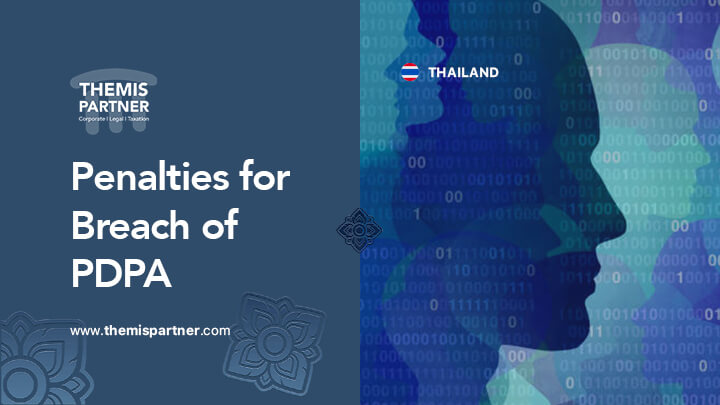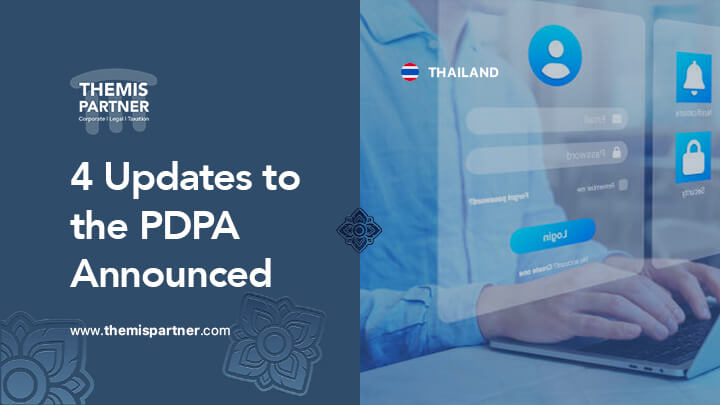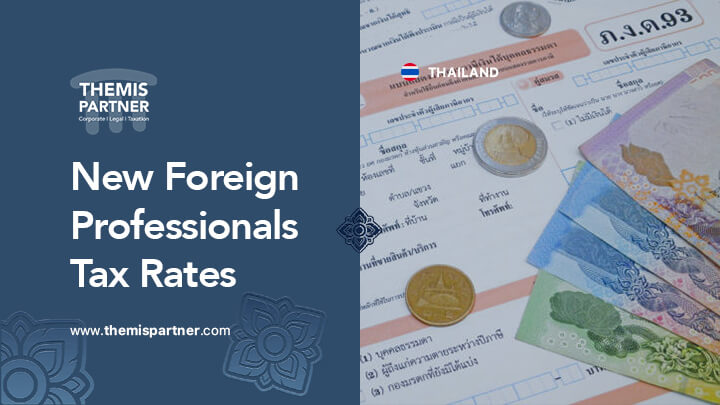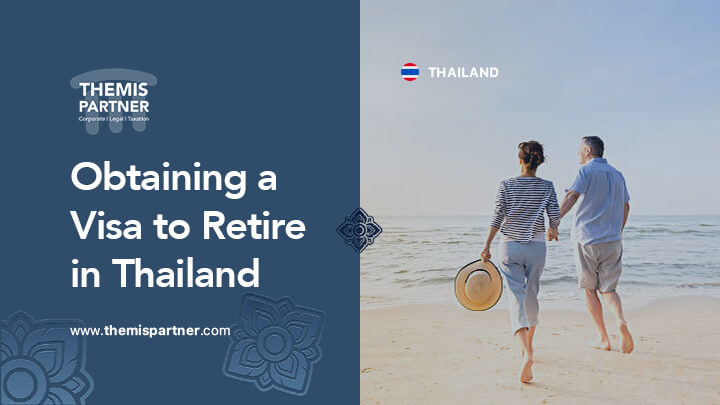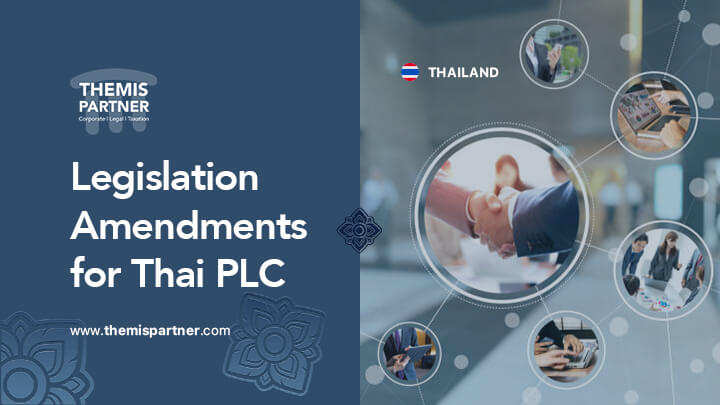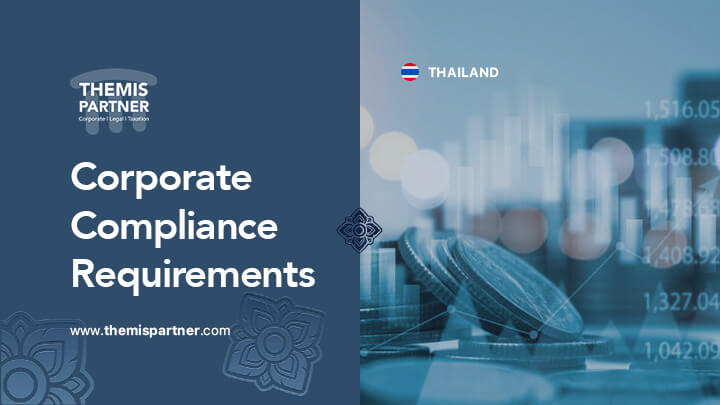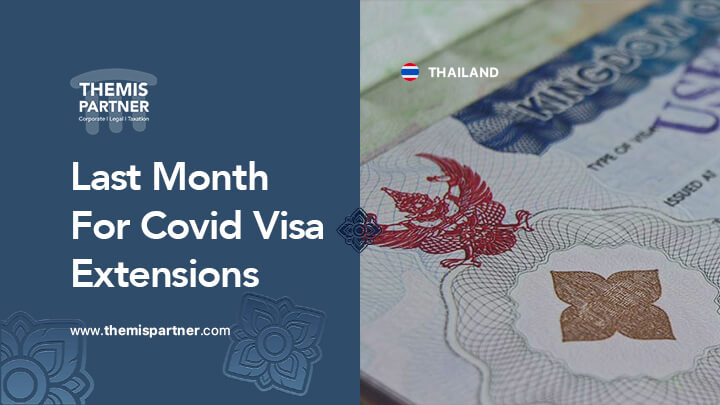Buy a condominium in Thailand
Thailand’s condominium laws define a “condominium” as a building that can be separated into units for individual ownership and includes common property. Foreigners and foreign legal entities may own an apartment in a building registered and licensed under Thailand’s Condominium Act. So it’s possible to buy property in Thailand as a foreigner.
Section 19 of this Act governs foreign ownership of condominiums. It restricts foreign ownership in a condominium since only 49% of all units in a condominium project can be owned by foreigners. In effect, the property purchased must be part of the 49% of the project that can be owned by foreigners. For example, in the case of 100 equal apartment units in a condominium, up to 49 units may be foreign-owned, 51 or more must be Thai-owned.
Due to the impact of the Covid-19 epidemic, the Thai economy has slowed down considerably. As a result, all sectors concerned must try to find various investment promotion measures. To stimulate and restore the economy in all aspects, one of them is the preparation of measures to stimulate real estate activity. In particular by unlocking and expanding the ceiling for foreigners to own more than 49% of real estate, as well as giving them more rights to buy a home. This rule of a maximum of 49% of a condominium complex owned by foreigners could be amended in 2022 to between 70% and 80% of a condominium. In addition, foreigners must be eligible for ownership under Section 19:
| ➤ The foreigner must have brought into Thailand foreign currency at least equal to the total purchase of the condominium and having exchanged this amount into Thai baht. The beneficiary bank inside Thailand will provide the documents of remittance and exchange of foreign currency and such proof must be submitted to the Land Department to register the foreign property |
| ➤ Foreigners allowed to reside in Thailand under the Immigration Act |
| ➤ Foreigners authorized to enter Thailand under the Investment Promotion Act |
| ➤ Legal entities as provided for in Sections 97 and 98 of the Land Code and registered as a legal entity under Thai law |
| ➤ Companies (legal entities) under Section 4 of the Foreign Affairs Act and have obtained a foreign business license |

